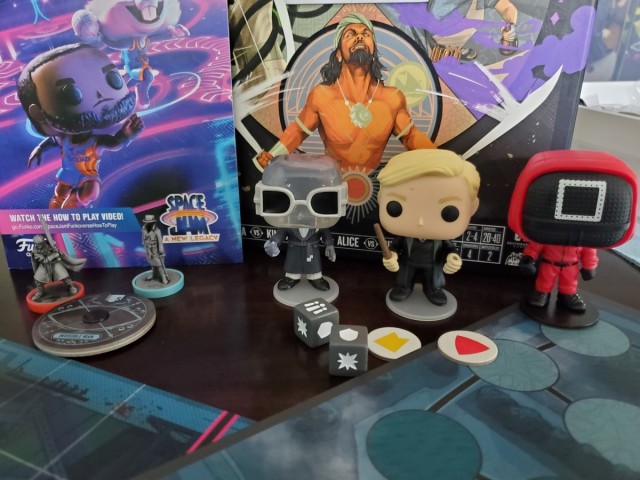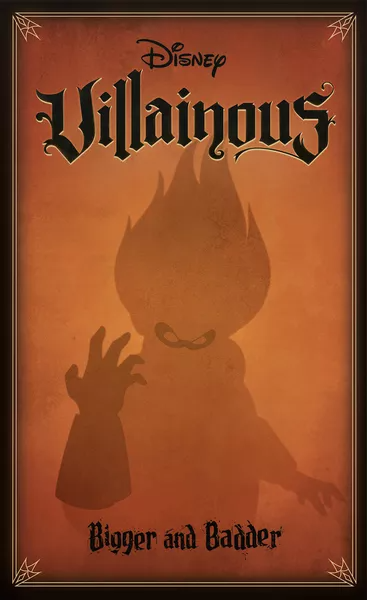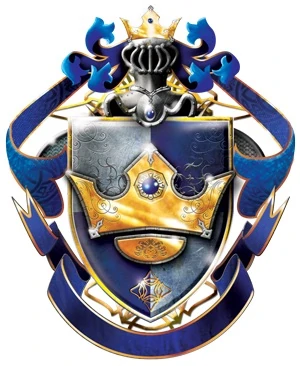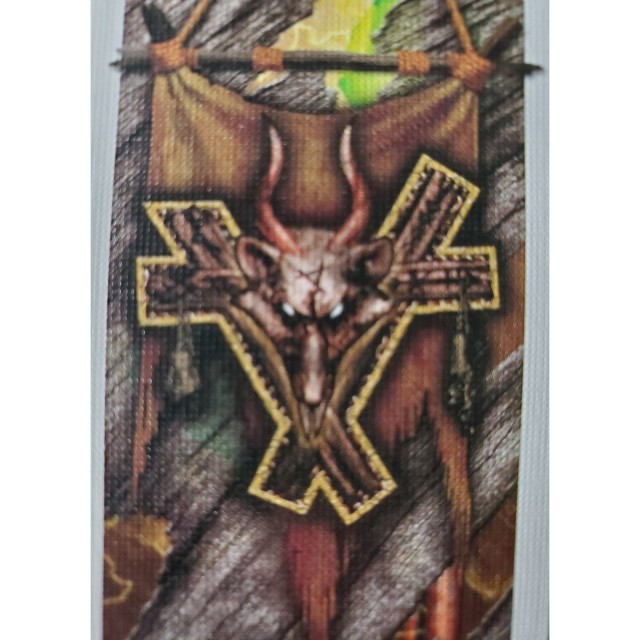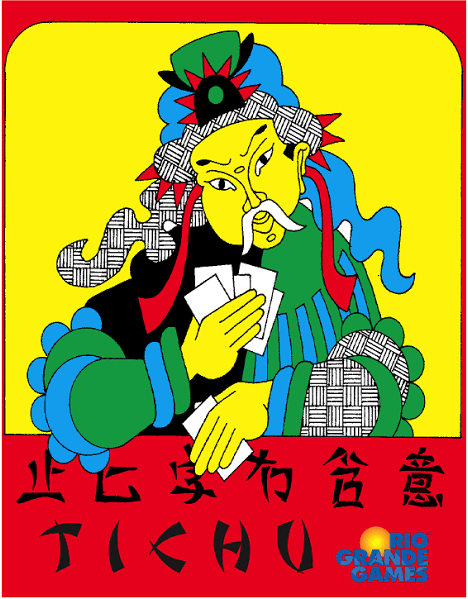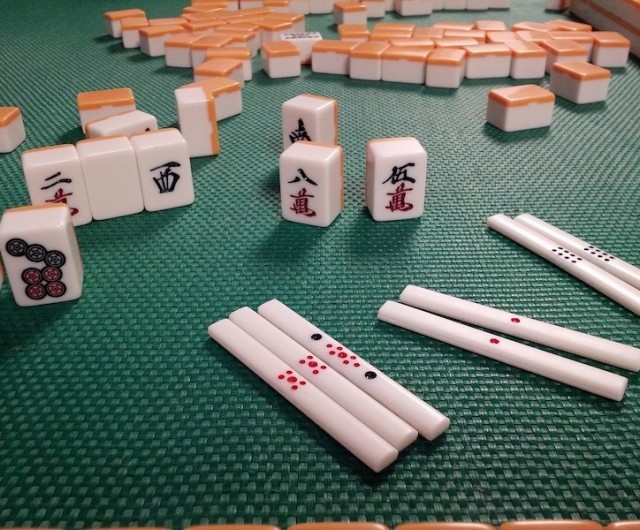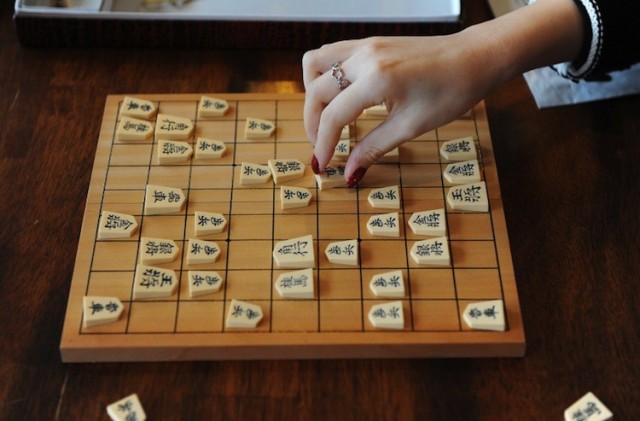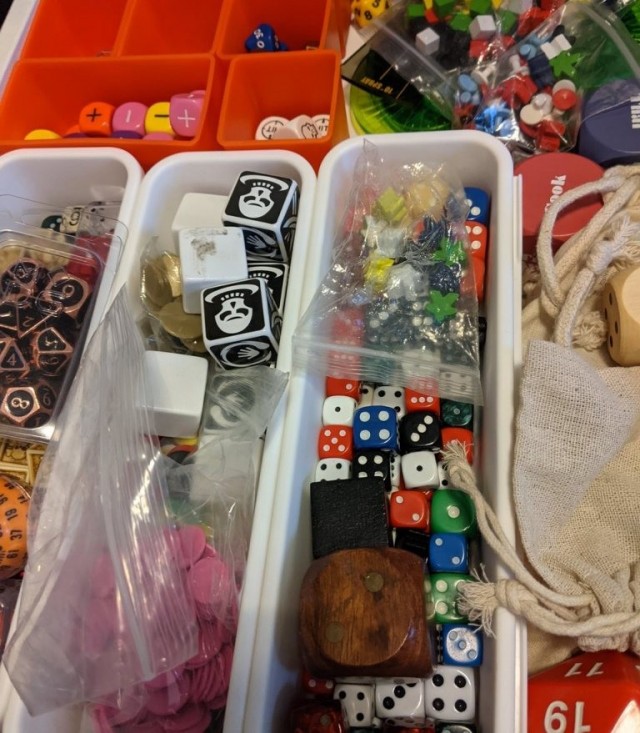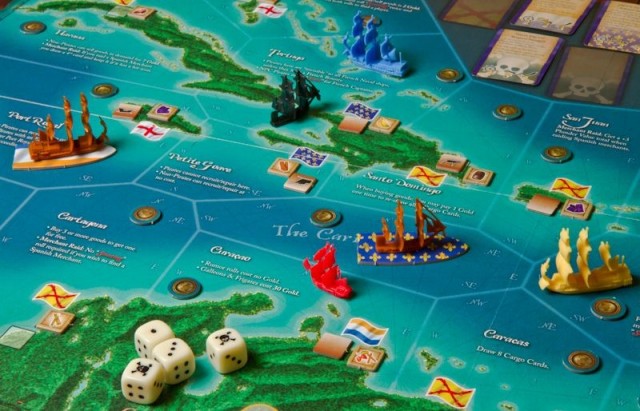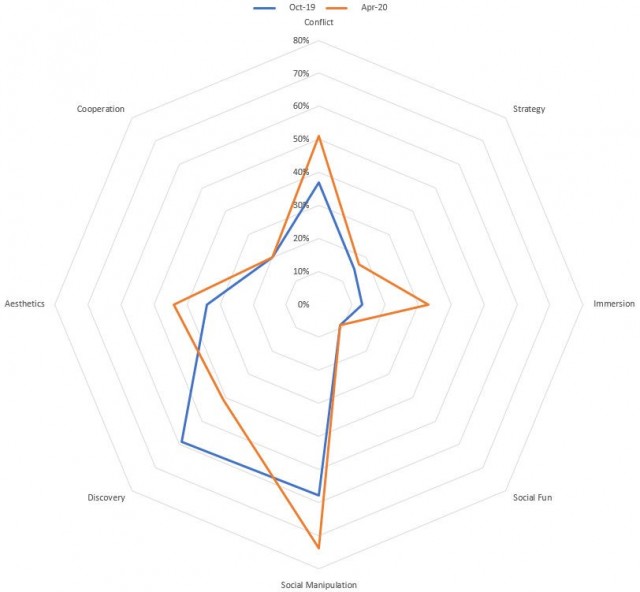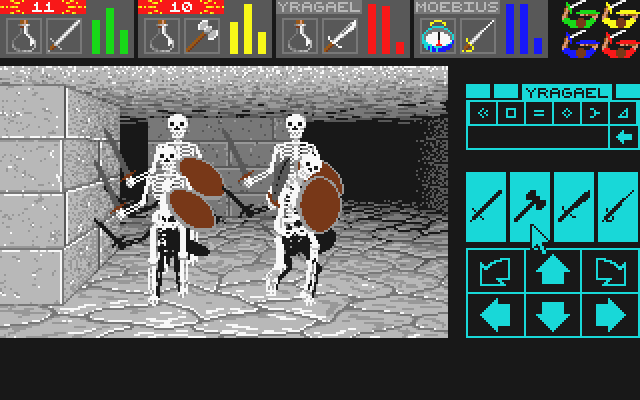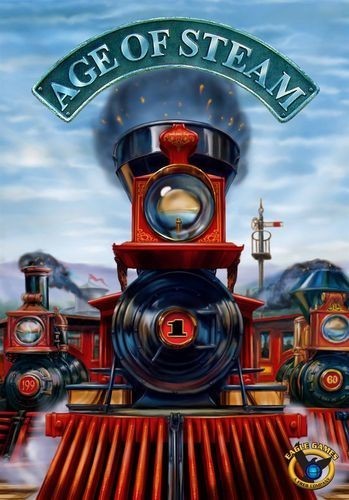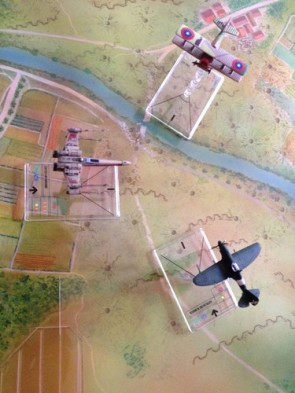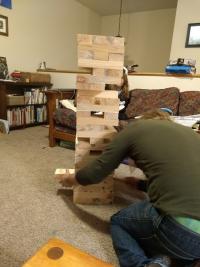“Matching shirts.”
Years back I spoke those words to the commissioner of softball for my kids’ local youth athletics organization. The organization had been merging smaller local athletics programs for the previous three or four years, growing in size and complexity because a big organization “is more suitable to building players for the High School teams.” When I indicated I didn’t really give a damn about the High School teams the commissioner was simply beside himself. He thought I was either stupid or crazy, and when he finally asked me what level of organization I thought was best for the kids, I answered with the two words above. Give them a coach maybe, give them a decent field, give them matching shirts. Play.
As I thought about the encounter in the following days I realized that “matching shirts” is a solid metaphor for my approach to other things in my life, including hobby gaming. It came to the surface again this week with Matt’s article on X-Wing Wave 7 and the discussion that followed, where it became very apparent to me how much more complicated X-Wing is than its predecessor, Wings of Glory, a game that I’ve spent in excess of $400 on at this point. The two games are similar, but one thing X-Wing is not is a “Matching Shirts” kind of game. X-Wing’s strength comes from its team-build component, the focus on creating a fleet prior to playing with careful combinations of ships, pilots and special abilities in order to excel at the game. If you don’t prepare ahead of time, you’re not going to do well, because that preparation is part and parcel of the game. The actual flight is almost a falling action in the plot. And if you don't buy certain components you'll have trouble competing. With Wings of Glory you don't HAVE to buy components, you just WANT to. It's a different vibe to me.
The market has spoken – most gamers like the X-Wing kind of thing. And virtually every big, highly-managed sports league for kids in the United States is wildly successful as well, with parents fighting hard to get their kids extra play-time in the game each week. Clinics, videos, sports camps are all part and parcel of the sporting experience.
But that’s not my thing personally. Along with my 40 new airplanes came both Wings of Glory official rulebooks (I’ve been using my original Wings of War rulebooks until now, as nothing but a few wording clarifications have changed). With a well-stocked set of Pacific Theater airplanes and a new game store opening four miles away in a major-league Navy town I wanted to be fully versed on the altitude and special rules that are in the back-half of the WofG books, so I sat down for a read. Ten minutes later I closed the books smiling, fully up to speed on what may be the most straightforward set of advanced rules I’ve ever read. Intuitively implemented, the altitude, ace and tailing rules are virtually identical in both games, and very simple to understand and play with. A fine use of the money I’ve spent, it’s an interesting game whose simplicity means it can be picked up on short notice and played with wild abandon.
Looking at X-Wing I’m almost intimidated by the idea of playing with experienced players, knowing that I’ll be a fifth wheel. Most players are incredibly nice about it so I have no complaints, but it’s still negative pressure on me playing the game. My best bet would be to find another group of noobs, players with the two or three sessions worth of experience that I have and learn alongside them together.
But short of being in a position where X-Wing is the only game in town I’m likely going to roll with my Wings of Glory instead. I’ll be having a monthly Wings night at “my” new store, and X-Wing will almost assuredly appear in someone else’s bag. And that will be fine. I’ll even consider sitting in on a session if it’s a new group. But for true team gaming there’s nothing quite as easy and as good as pulling out a bunch of planes on short notice, splitting into two teams with old friends or new, and being in the air not five minutes later. It’s just my kind of gaming.
S.
 Games
Games How to resolve AdBlock issue?
How to resolve AdBlock issue? 